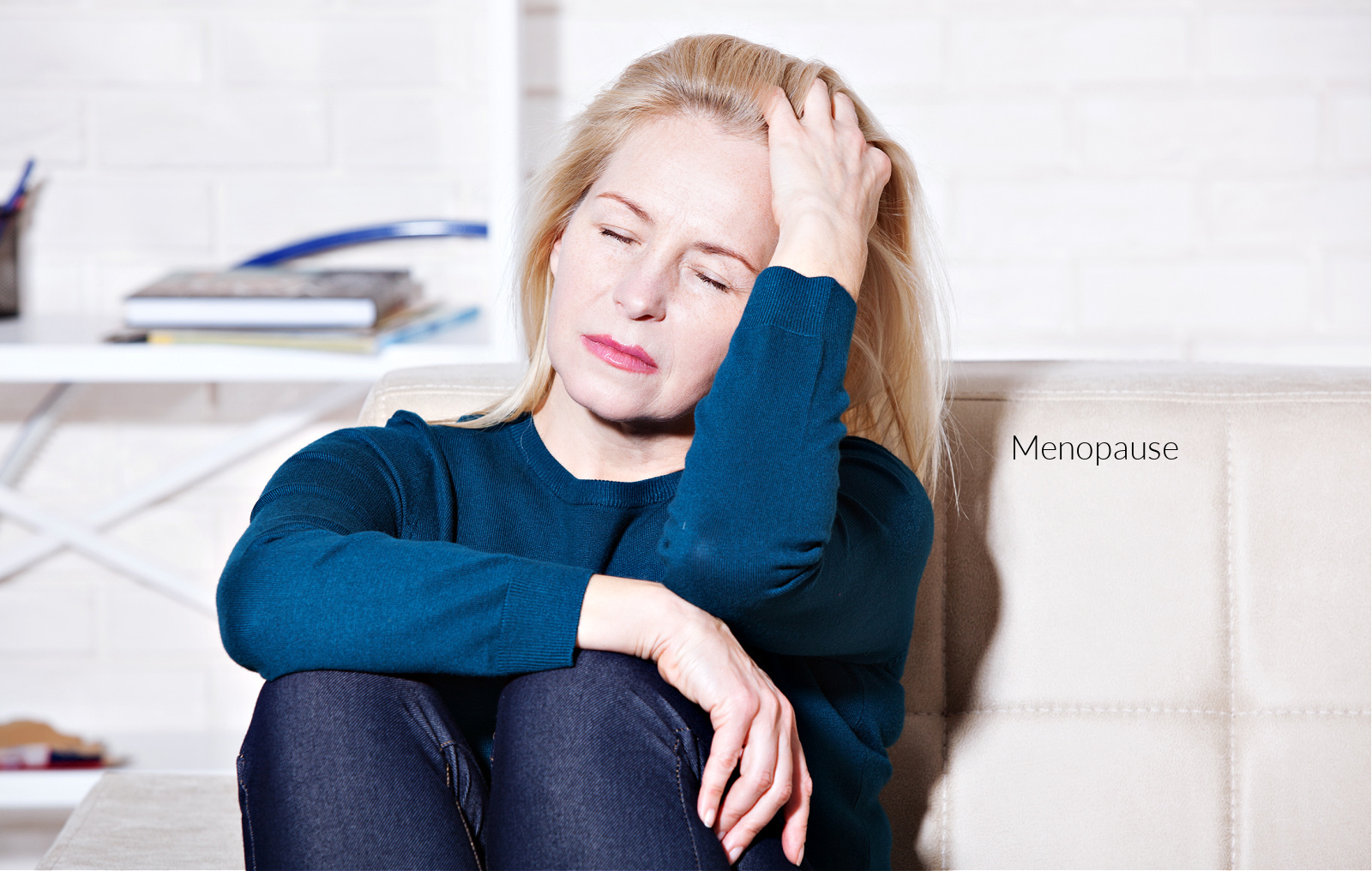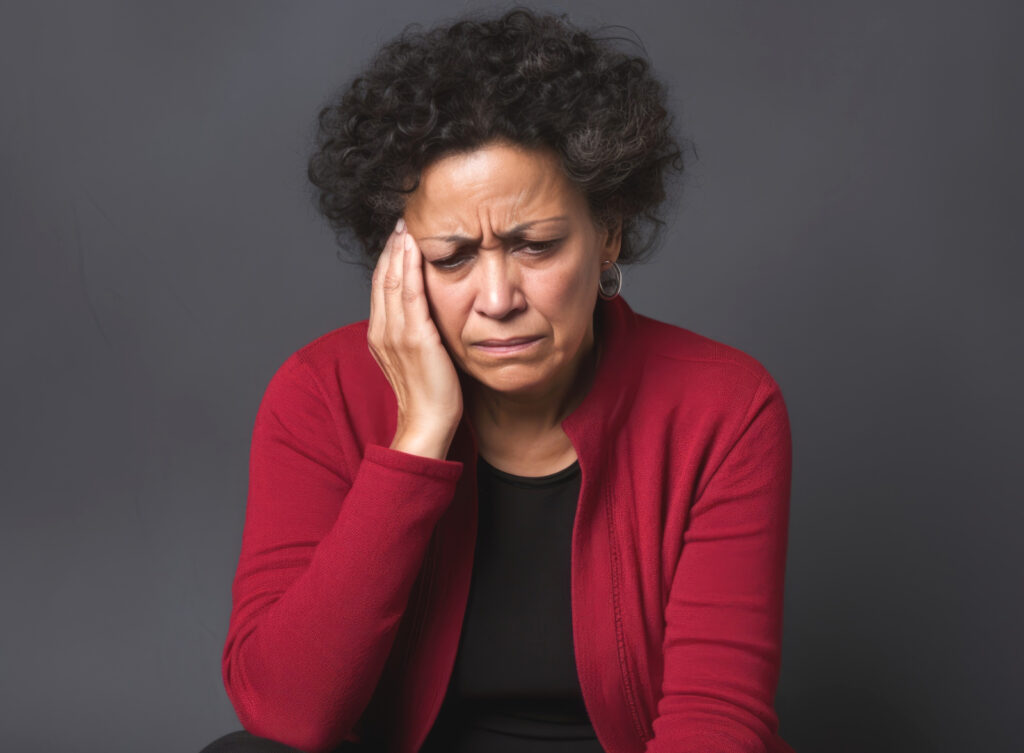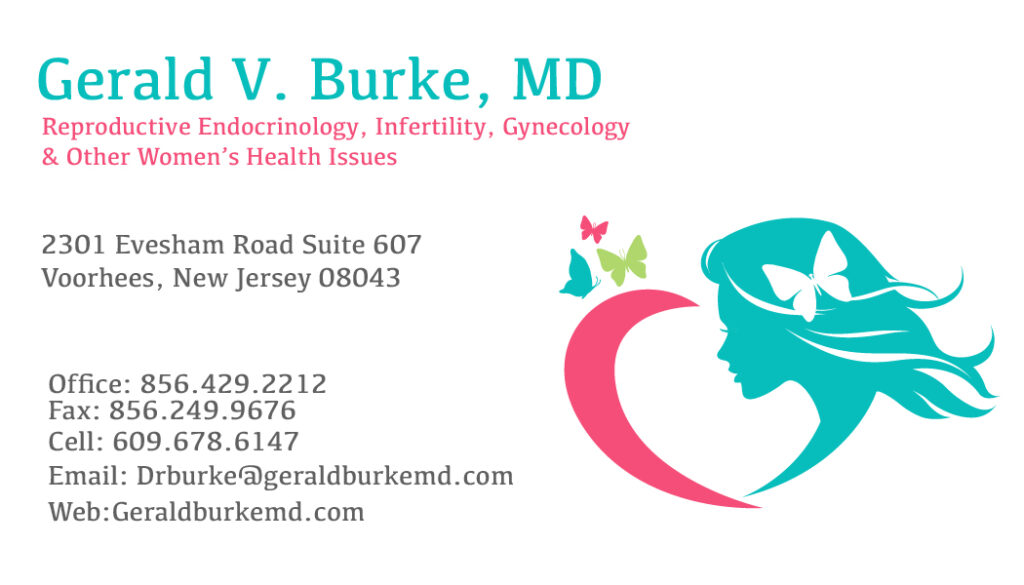Menopause
What is menopause?
Menopause, by definition, is a woman’s last menstrual flow. It is a retrospective diagnosis which can only be made when a woman has gone a full year without any vaginal bleeding in the appropriate age range (age 40 or older).
What is perimenopause?
Perimenopause is the time between the first appearance of the symptoms of menopause (frequently years before menses end) to the time when all symptoms are resolved. This stage can last a decade or more.
How long does menopause last?
There is tremendous variability from woman to woman regarding the duration of the menopausal symptoms and the intensity of these symptoms.
Some women will experience few if any symptoms and those they do experience are very mild and passing.
Other women will experience severe to disabling symptoms that significantly impair their ability to carry on their normal activities of daily living.
Most women find themselves somewhere in between these two extremes.
What are symptoms of menopause?
True menopausal symptoms occur when the ovaries begin to fail and ovarian hormone production, primarily estrogen, progesterone, and testosterone, starts to decrease.
These symptoms frequently only resolve after new, permanently lower levels of these hormones are established and maintained in the body.
During this transition, symptomatic women can experience a significant array of symptoms that include:
- Hot flashes
- Night sweats
- Rapid heartbeat (palpitations)
- Difficulty sleeping (insomnia)
- Forgetfulness
- Difficulties concentrating.
In addition, symptoms may include:
- Diminished libido (sex drive and enjoyment)
- Migraine headaches (particularly around the time of menses)
- A marked increase in anger, anxiety, depression and crying can occur
Physical symptoms of menopause
Physical symptoms include:
- Vaginal dryness
- Spontaneous vulvar itching
- Painful intercourse
- Diminished or absent lubrication during sexual arousal
- Urinary frequency and urgency
- Increased bladder infections
A woman may also experience:
- Irregular menses (periods)
- Heavier periods (up to flooding)
- Spotting and bleeding in between periods
These conditions are attributable to the fluctuating hormonal levels.
The good news is that they can be treated successfully once they are evaluated properly.
Treatment for menopause
For those who seek relief of their symptoms, effective medical treatment is available.
In treating menopausal symptoms, the first task is to determine which symptoms are due to the hormonal changes of menopause and which are not.
Underlying and undiagnosed medical conditions can create symptoms similar to those experienced during menopause and can be mistaken for menopausal symptoms.
These symptoms can occur from issues involving the thyroid, adrenal, parathyroid and pancreatic glands as well as both cancerous and non-cancerous conditions occurring in the cervix, uterus, ovaries, intestinal tract and lungs.
Astute clinical insight and judgment is frequently required by the physician to diagnose and not overlook these conditions when they occur.
Evaluation
Evaluation consists of a carefully taken history and a physical examination specifically tailored to the issues that the patient is experiencing. Further evaluation frequently includes hormonal testing and occasionally radiologic studies such as ultrasounds or X-rays.
Once this evaluation is completed the physician and patient can review the results together and determine what treatments will be most effective for the individual lady.
These treatments would then be maintained through the symptomatic time of the woman’s life.
Hormone therapy
Hormonal therapy, particularly estrogen, is time limited by concerns regarding breast cancer. However, when properly managed, a woman’s symptoms will resolve and she will have stopped the medication well before there is an increased risk of breast or other cancers.
Overview
Menopausal symptoms are hormonal. This is why evaluation and treatment by a Reproductive Endocrinologist/Gynecologist experienced in the treatment of the menopause is so successful.
If you are suffering from any symptoms that may be related to the hormonal fluctuations of menopause, you do not have to suffer any longer.
Appointments
If you are experiencing uncomfortable symptoms from menopause, do not hesitate to call to schedule an appointment.
Call us at 856-429-2212
Additional articles you might find interesting…



